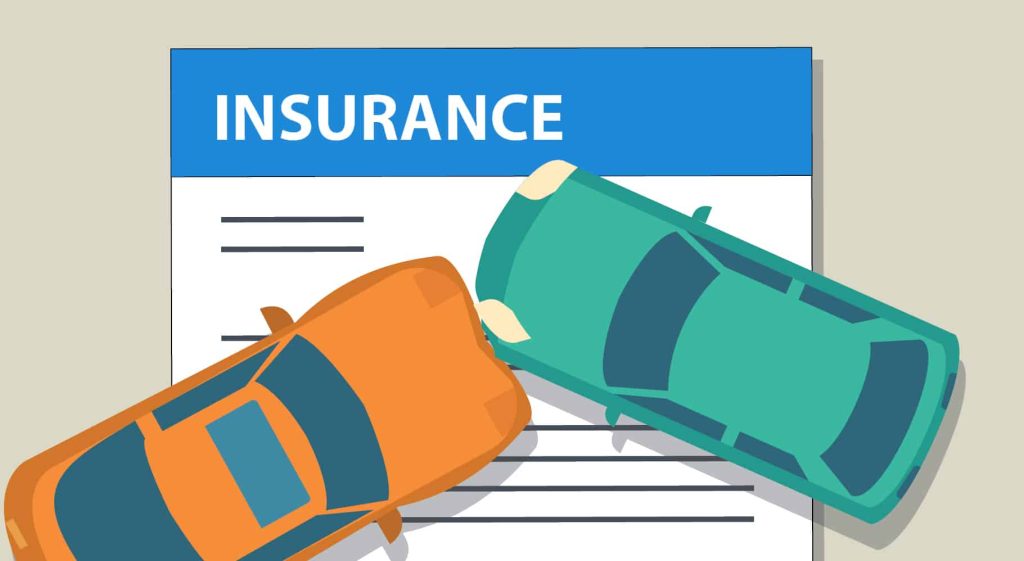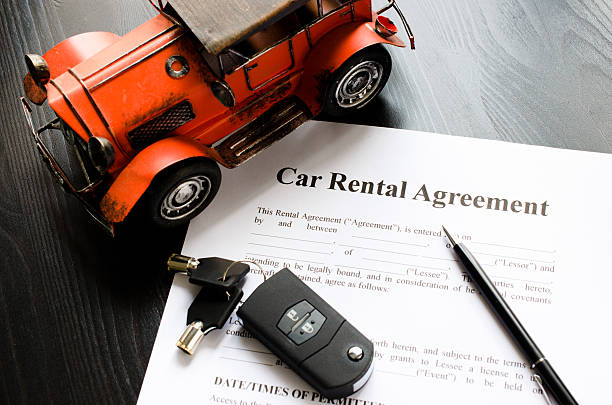In today’s fast-paced world, protecting our assets through insurance is more important than ever. Two of the most common types of insurance that individuals seek are car insurance and homeowners insurance. These types of coverage not only provide financial protection but also offer peace of mind. Getting accurate quotes for these insurances is crucial for making informed financial decisions. This article delves into the intricacies of car and homeowners insurance quotes, highlighting what they entail, factors influencing them, and tips for obtaining the best rates.
What are Insurance Quotes?
Insurance quotes are estimates provided by insurance companies that detail the cost of a policy. These quotes are based on a variety of factors, including the type of coverage, the policyholder’s profile, and the value of the asset being insured. For both car and homeowners insurance, obtaining multiple quotes is essential to compare prices and coverage options, ensuring you get the best deal tailored to your needs. Insurance quotes act as a preliminary step in the process of securing insurance, giving you a clear picture of potential costs and the extent of coverage.

Car Insurance Quotes
Car insurance quotes typically cover various components such as liability coverage, collision coverage, comprehensive coverage, personal injury protection, and uninsured/underinsured motorist coverage. Each component addresses different aspects of potential risks and damages, from covering costs related to accidents you cause to protecting against theft or natural disasters.
Homeowners Insurance Quotes
Homeowners insurance quotes often encompass coverage for the dwelling, personal property, liability, and additional living expenses. The dwelling coverage protects the structure of your home, personal property coverage insures your belongings, liability coverage safeguards against legal issues, and additional living expenses cover costs if you temporarily cannot live in your home.
Factors Influencing Car Insurance Quotes
Car insurance quotes are influenced by several key factors. Firstly, the make, model, and year of the vehicle play a significant role. Newer, high-end cars typically cost more to insure due to their higher repair costs and value. Luxury vehicles and sports cars usually come with higher premiums because they are expensive to repair and replace. Safety ratings of the car also matter; vehicles with better safety features might attract lower premiums because they are less likely to be involved in severe accidents.
Secondly, the driver’s history, including past accidents and traffic violations, impacts the quote. A clean driving record usually results in lower premiums, as it indicates lower risk to the insurer. Conversely, a history of accidents or traffic violations can significantly increase premiums due to the perceived higher risk.
Additionally, the location where the car is primarily driven and parked can affect rates, with urban areas often having higher premiums due to increased risk of theft and accidents. High-traffic areas are more prone to accidents, and densely populated regions may see more cases of vehicle theft or vandalism.
Other factors include the driver’s age, gender, and marital status. Statistically, younger drivers, especially teenagers, have higher accident rates, leading to higher premiums. Men may pay more than women due to higher accident statistics. Marital status also plays a role; married individuals might benefit from lower premiums as they are considered more stable and less risky.
Lastly, the type and amount of coverage chosen also affect the quote. Opting for higher coverage limits and additional coverage options will increase the premium. Choosing a higher deductible can lower the premium, but it also means higher out-of-pocket expenses in the event of a claim.
Factors Influencing Homeowners Insurance Quotes
Homeowners insurance quotes are also determined by a range of factors. The location of the home is paramount; homes in areas prone to natural disasters such as floods, earthquakes, or hurricanes generally attract higher premiums. Insurers evaluate the risk of environmental hazards in the area to determine the likelihood of claims.
The age and condition of the home are also critical, as older homes may require more maintenance and pose higher risks. Older homes might have outdated systems (plumbing, electrical) that could lead to more frequent claims. Upgrades and renovations can help reduce premiums by improving the home’s safety and structural integrity.
The home’s construction materials and the presence of safety features, such as security systems and smoke detectors, can influence the quote. Homes built with fire-resistant materials or equipped with modern security systems are seen as lower risk, potentially reducing premiums.
Additionally, the homeowner’s claim history and the desired coverage level, including additional riders for valuable items, play a part in determining the final quote. Frequent claims can signal higher risk, resulting in higher premiums. Customizing coverage with additional riders for items like jewelry, electronics, or art can increase the premium but provides necessary protection.
Tips for Getting the Best Car Insurance Quotes
To secure the best car insurance quotes, start by researching and comparing quotes from multiple insurers. This can be done through online comparison tools, which provide a quick and comprehensive overview of available options. Comparison shopping is crucial because premiums can vary widely between insurers for the same coverage.
Maintaining a clean driving record and bundling your car insurance with other policies, such as homeowners insurance, can also result in discounts. Insurers often offer multi-policy discounts to encourage policyholders to consolidate their insurance needs with one company.
Consider raising your deductible to lower your premium, but ensure you can afford the higher out-of-pocket cost in the event of a claim. A higher deductible means you pay more out-of-pocket before insurance kicks in, but it also means lower monthly premiums.
Additionally, inquire about available discounts, such as those for safe driving, low mileage, or having certain safety features installed in your vehicle. Many insurers offer discounts for features like anti-lock brakes, airbags, and anti-theft devices. Safe driving programs, where your driving habits are monitored through a mobile app or device, can also lead to lower premiums if you demonstrate responsible driving behavior.
Tips for Getting the Best Homeowners Insurance Quotes
For homeowners insurance, comparison shopping is equally important. Obtain quotes from several insurers to find the best rate for your coverage needs. Comparison websites and direct inquiries with insurance companies can provide a range of options to choose from.
Increasing your home’s security with alarm systems, deadbolt locks, and smoke detectors can lead to discounts. Insurers often reward homeowners who take steps to reduce the risk of theft and fire. Installing advanced security systems, surveillance cameras, and robust locking mechanisms can make your home less attractive to burglars, potentially lowering your premium.
Additionally, maintaining your home by performing regular repairs and updates can help reduce your premium. Regular maintenance of roofing, plumbing, and electrical systems can prevent issues that might lead to claims. Updating old systems to meet current standards can also lower risk and premiums.
Just like with car insurance, consider bundling your homeowners insurance with other policies for potential savings. Multi-policy discounts can make a significant difference in your overall insurance costs. Assess the value of your belongings accurately to avoid over-insuring, but make sure to include coverage for major risks like natural disasters if you live in a high-risk area. Conducting a home inventory and valuing your possessions accurately ensures you have adequate coverage without paying for unnecessary limits.
Conclusion
Car and homeowners insurance are essential components of financial security, offering protection against unforeseen events. Understanding the factors that influence insurance quotes and implementing strategies to secure the best rates can significantly impact your overall financial health. By diligently researching and comparing options, maintaining good personal records, and taking advantage of available discounts, you can obtain affordable and comprehensive insurance coverage for your car and home. Insurance is not just about cost; it’s about finding the right balance between affordability and adequate protection.






